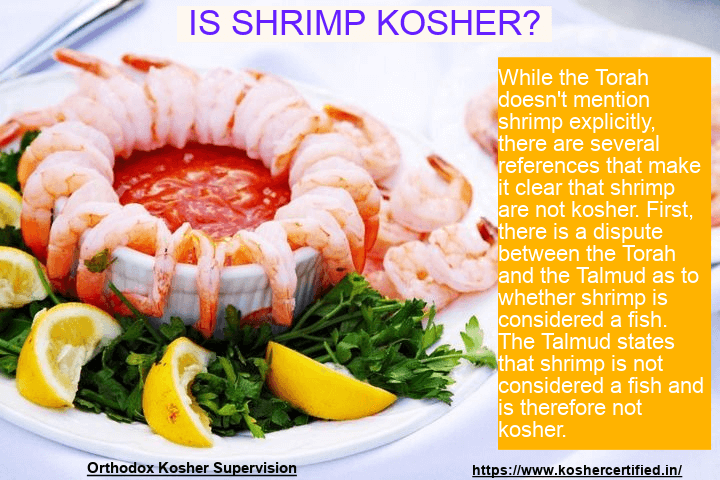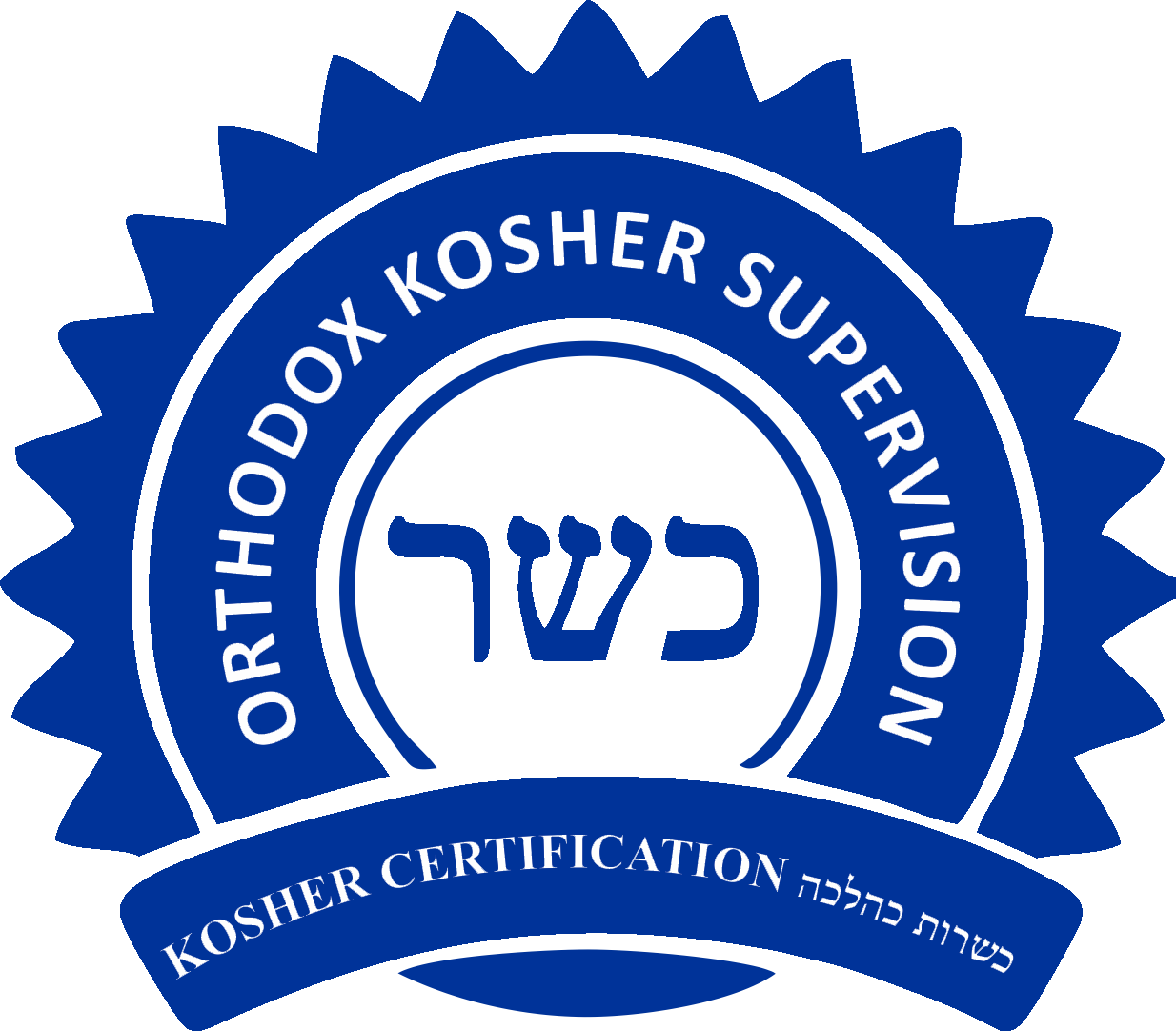Is Shrimp Kosher ?

Shrimp is a type of seafood that is widely consumed around the world. However, for those who observe Jewish dietary laws, the question of whether shrimp is kosher or not is a pertinent one. In this article, we will explore the topic of shrimp and kosher laws in detail.
Firstly, let’s define what is meant by “kosher”. In Jewish dietary laws, the term “kosher” refers to food that is considered fit and appropriate to eat according to Jewish law. These laws are outlined in the Torah, the Jewish holy book, and are known as kashrut.
According to kashrut, in order for an animal to be considered kosher, it must meet certain criteria. The animal must have split hooves and chew its cud. Examples of animals that meet these criteria include cows, sheep, and goats. However, animals that do not have split hooves or do not chew their cud are considered non-kosher. Examples of these animals include pigs and camels.
When it comes to seafood, the rules are a bit more complex. According to kashrut, in order for a seafood to be considered kosher, it must have fins and scales. Examples of kosher seafood include salmon, tuna, and herring. However, seafood that does not have fins and scales, such as shellfish, are considered non-kosher.
This brings us to the question of whether shrimp is kosher or not. Shrimp, like other shellfish, does not have fins and scales, which means it is considered non-kosher according to Jewish dietary laws.
There are several reasons why shellfish are considered non-kosher. Firstly, it is believed that shellfish are bottom-dwellers, which means they consume waste and other debris from the ocean floor. This makes them inherently unclean and unsanitary.
Secondly, shellfish are known to be carriers of toxins and harmful bacteria, which can cause food poisoning and other illnesses. According to kashrut, it is important to only eat food that is safe and healthy for the body.
Finally, there is also a spiritual aspect to the kosher laws. Eating kosher is seen as a way of connecting with God and following His commandments. By only eating food that is considered fit and appropriate according to Jewish law, one is demonstrating their commitment to their faith and their desire to live a holy and righteous life.
In conclusion, shrimp is not considered kosher according to Jewish dietary laws. While it may be a popular food around the world, those who observe kashrut are prohibited from consuming it. By following these laws, one is not only ensuring their physical health and well-being but also their spiritual connection to God.
